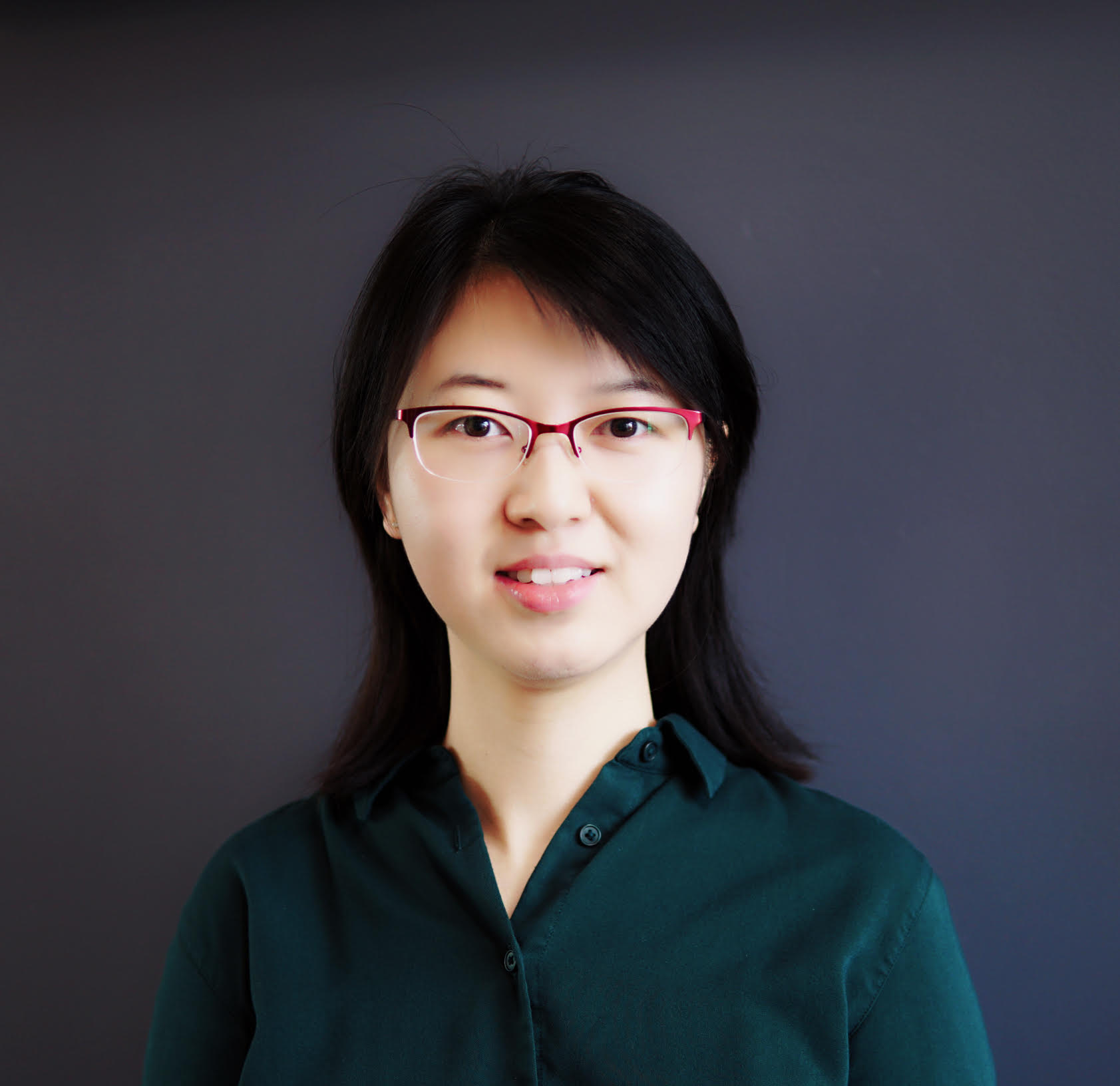Faculty Candidate Seminar
Enabling Compositional Generalization of AI Systems
This event is free and open to the publicAdd to Google Calendar

Zoom link for remote participants, passcode: 500296
Abstract: A vital aspect of human intelligence is the ability to compose increasingly complex concepts out of simpler ideas, enabling both rapid learning and adaptation of knowledge. Despite their impressive performance, current AI systems fall short in this area and are often unable to solve tasks that fall outside of their training distribution. My research aims to bridge this gap by incorporating compositionality into deep neural networks, thereby enhancing their ability to generalize and solve novel and complex tasks, such as generating 2D images and 3D assets based on complicated specifications, or enabling humanoid agents to perform a diverse range of household activities. The implications of this work are far-reaching, as compositionality has numerous applications across fields such as biology, robotics, and art production. By significantly improving the compositionality ability of AI systems, this research will pave the way for more data-efficient and powerful models in different research areas.
Bio: Shuang Li is a Ph.D. Candidate at MIT, advised by Antonio Torralba. She is interested in developing AI systems that generalize to a wide range of novel tasks and continually learn from the environment. Her research explores methods to incorporate compositionality into deep learning models, giving rise to stronger generalization abilities for solving more challenging novel tasks. Her research involves Generative Modeling, Embodied AI, and Vision-Language Understanding. Shuang is a recipient of the Meta Research Fellowship, Adobe Research Fellowship, MIT Seneff-Zue CS Fellowship, EECS Rising Star, ICML Outstanding Reviewer, and best and outstanding paper awards at NeurIPS workshops.
 MENU
MENU 
